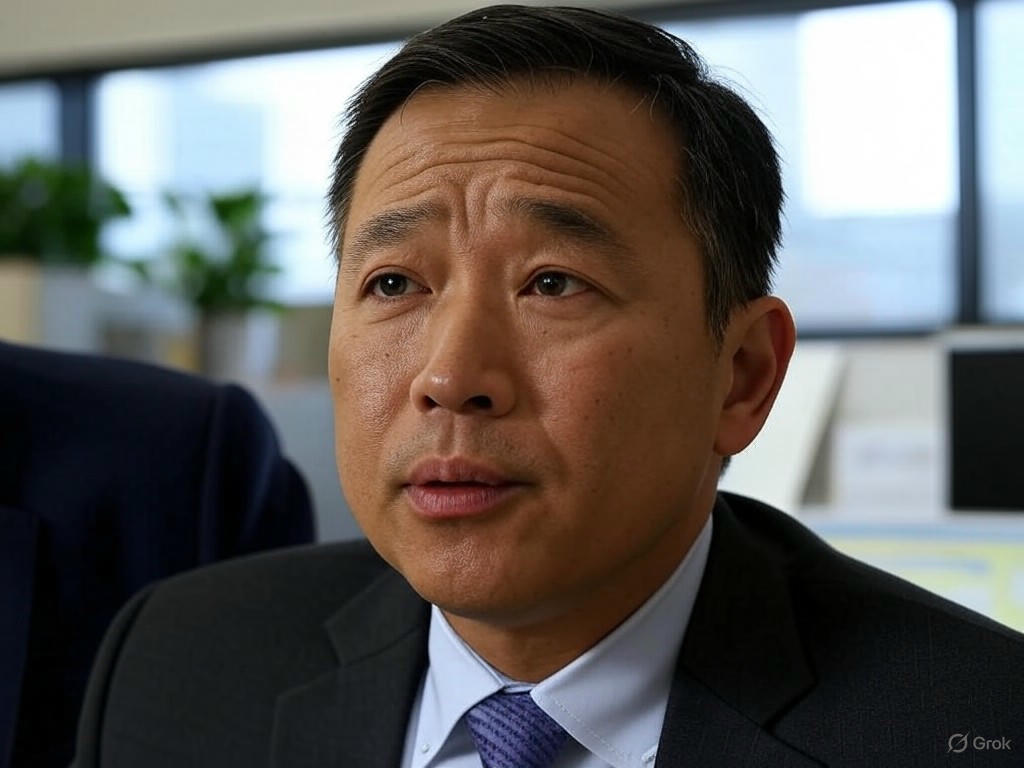Kroger Faces Turbulent Times: Store Closures and Leadership Shake-Up
In a surprising turn of events, Kroger, one of America’s largest supermarket chains, has announced the closure of 60 stores nationwide. This decision comes on the heels of a dramatic leadership change with the abrupt departure of its CEO and the collapse of a highly anticipated merger. The company, which manages over 1,200 locations, revealed a substantial $100 million impairment charge in its first-quarter financials, directly tied to the planned shutdowns. This financial hit underscores the challenges Kroger faces as it navigates an increasingly competitive retail landscape and internal upheaval.
The store closures are a stark reflection of broader struggles within the grocery sector, where giants like Kroger must contend with razor-thin profit margins, shifting consumer behaviors, and fierce competition from both traditional rivals and e-commerce behemoths. Industry analysts suggest that the closures may be a strategic move to streamline operations, focusing on more profitable locations while shedding underperforming assets. However, for the communities and employees affected by these shutdowns, the impact is deeply personal. Hundreds of workers are likely to face uncertainty, and local shoppers may lose convenient access to essential goods, particularly in areas with limited retail options.
Adding to the complexity of Kroger’s situation is the recent ouster of its CEO, a move that has sent shockwaves through the industry. While the exact reasons for the executive’s departure remain unclear, speculation abounds that internal disagreements over the failed merger played a significant role. The proposed merger, which promised to reshape the grocery market by combining Kroger with another major player, fell apart amid regulatory scrutiny and strategic misalignments. The collapse of this deal not only dashed hopes of expansion but also exposed vulnerabilities in Kroger’s long-term vision, leaving stakeholders questioning the company’s direction.
As Kroger moves forward, the road ahead appears fraught with challenges. The retailer must now appoint a new leader capable of steering the company through this turbulent period while addressing declining performance in key markets. Reinventing its business model to adapt to digital trends, such as online grocery shopping and delivery services, will be crucial. Moreover, maintaining customer loyalty in the face of store closures will require careful communication and investment in remaining locations to ensure they meet evolving consumer expectations.
Despite these setbacks, there is room for optimism. Kroger has a storied history of resilience, having weathered economic downturns and industry disruptions in the past. By refocusing on operational efficiency, embracing technological innovation, and rebuilding trust with both employees and customers, the company can emerge stronger. The coming months will be pivotal as Kroger seeks to redefine its place in a rapidly changing retail environment, proving that even in the face of adversity, adaptability remains the key to survival.


